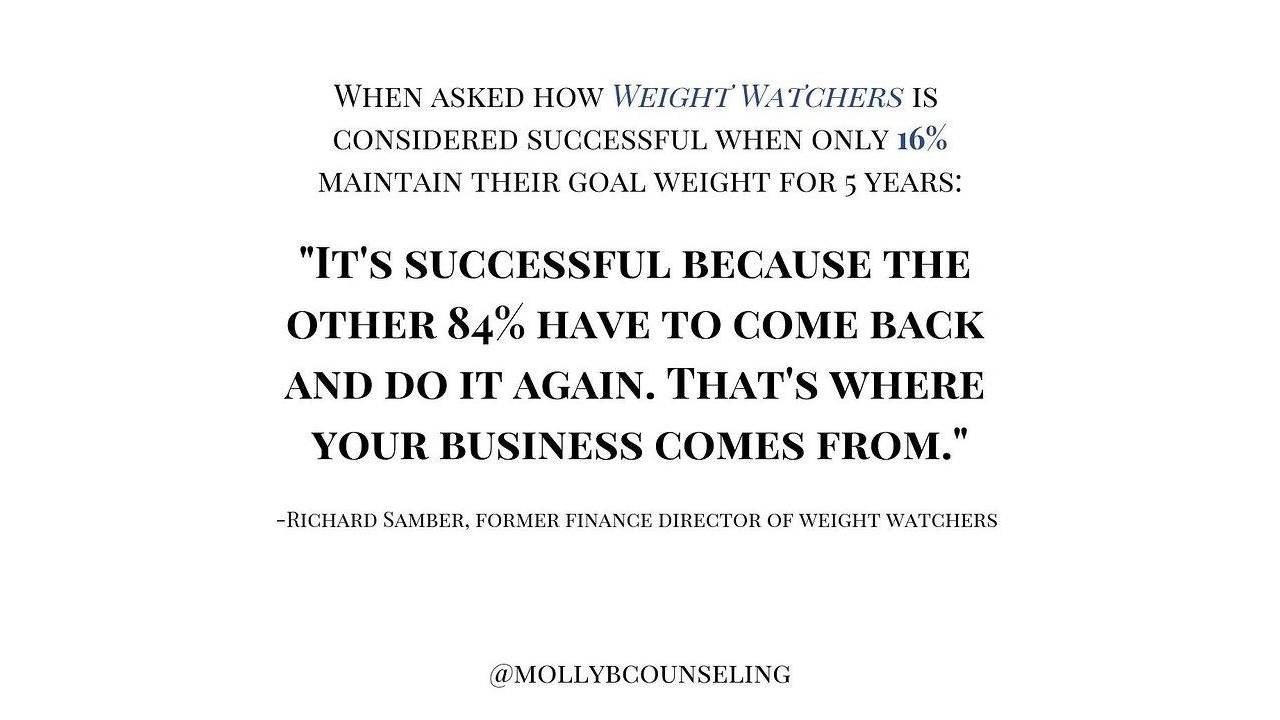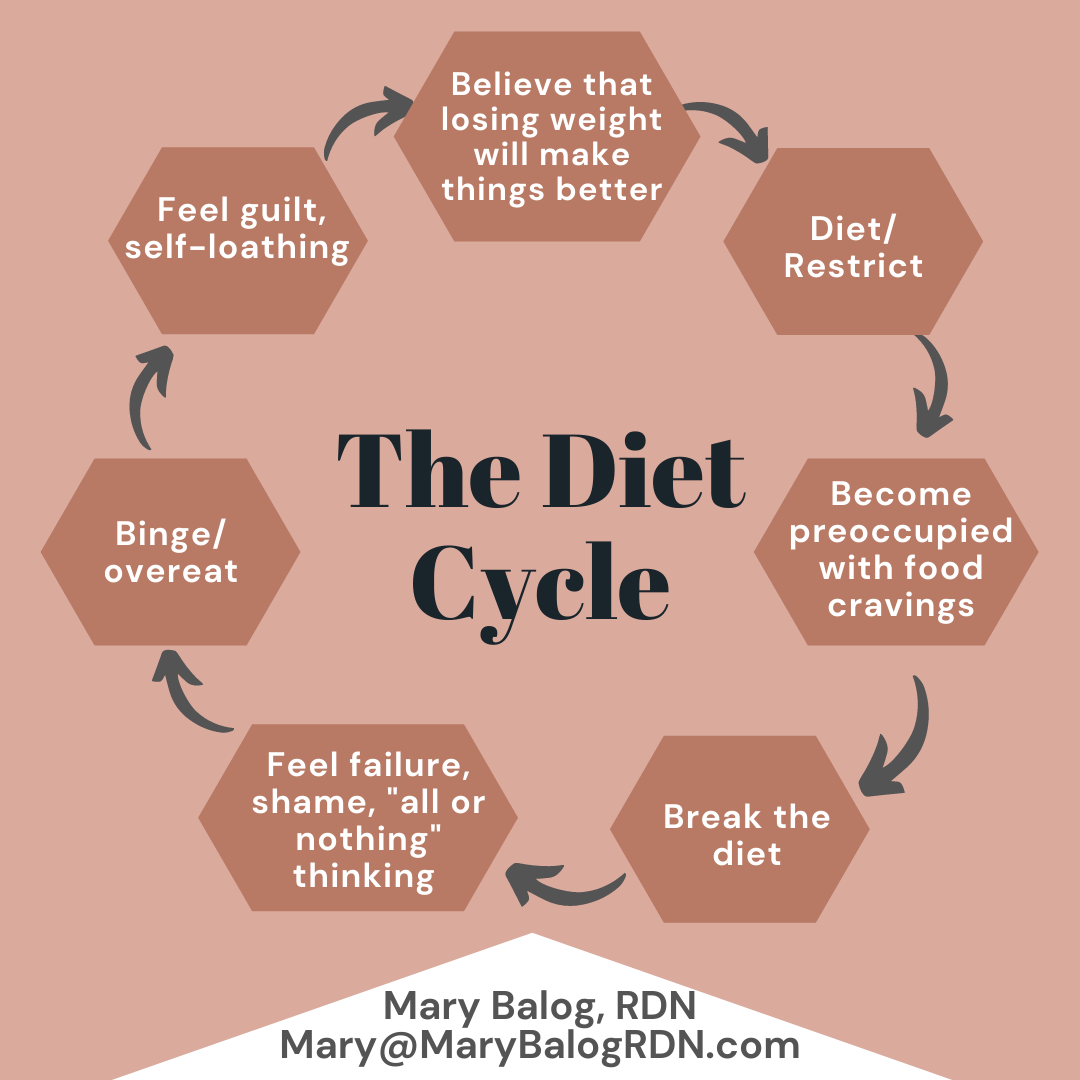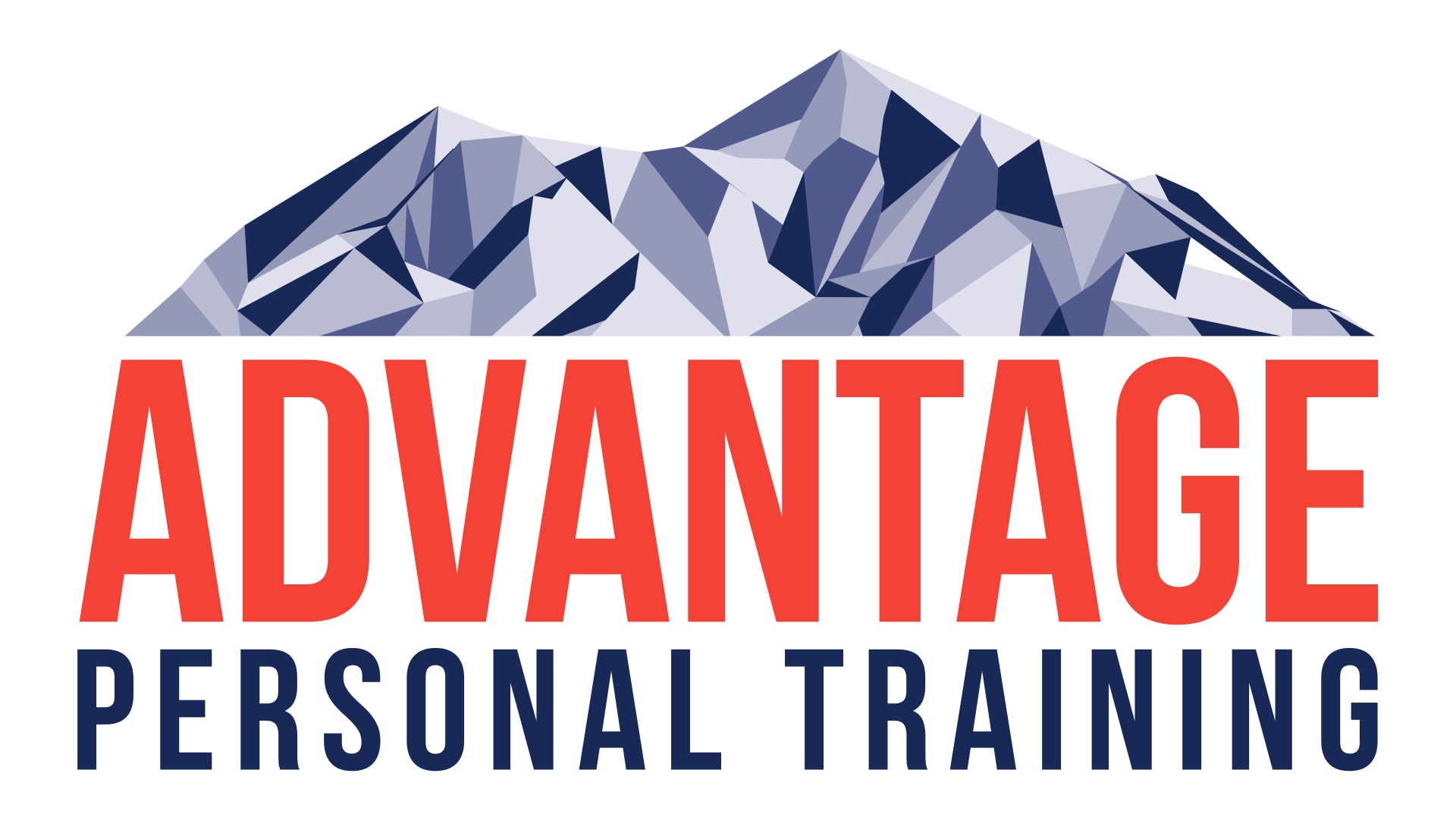Confessions of a Nutritionist
I have never been much of a conspiracy theorist. A second gunman on the grassy knoll? Aliens and UFO parts stored in Roswell, New Mexico? The moon landing filmed in Hollywood? All of these make for interesting conversation, but I usually prefer to keep it simple and see things how they are…until I spoke with a nutritionist.
A friend and colleague of mine introduced me to a conspiracy theory of his about 2 years ago. Of course to him, this is not a theory but a fact. It goes like this… The U.S. government is intentionally keeping the people of this country unhealthy by making dietary recommendations that increase profits for the largest food industries, even though some of the food they recommend has been found to cause health issues. The government wants grains to be a major part of the diet because the U.S. can subsidize the growth of grain, store and stockpile it like a commodity, and export it for profit. Dairy also had a prominent position in the food pyramid even though most humans still can’t digest it. In the government’s new version of the food pyramid and the new My Plate initiative, grains and dairy still hold a spot in our daily diet, even though the nutritional benefits are questionable, so their respective industries can continue to make record profits along with the pharmaceutical industry which benefits from the diet-related health issues.
To me these claims sounded a bit outrageous. Why would our government officials, all of whom were elected by the people and took oaths to serve this country as a public servant, intentionally harm the citizens who elected them so they themselves could keep going to the bank? I read a few interesting nutrition books that hinted at the discrepancies between what real science tells us and what we learn from government resources and tv commercials, so the theory began to hold a bit more water. “Healthy whole grains” cause gut inflammation and have been found to contribute to obesity and a host of autoimmune disorders, yet grains made up the base of the original food pyramid. Most people still can’t digest dairy, and yet it still holds a prominent place in the new food pyramid and the new My Plate initiative. As the evidence of conspiracy theory piled up, I asked a nutritionist friend of mine what she does on a daily basis. It turns out she works for a University extension office, and goes into schools to talk to students and teachers about nutrition. So I asked if she is teaching the government’s new school health initiative “My Plate”, a graphic depiction of what a healthy meal should look like on your plate. She said she was, and I asked if she believed and fully supported what she was teaching to others to which she replied “Yes. Well, um…yes.”
This hesitation prompted me to push her a bit more to see what she really knows. It turns out, she also knows the science that says dairy is not a necessary part of the human diet, and that many of the processed grocery store options labeled “whole grain” are essentially void of nutrition leading us to be over-fed and under nourished. She knows the recommendations of My Plate contradict these findings, but she is unable to hint at that part of the story. If the group that funds her program found out she was not adhering to My Plate’s recommendations, they would pull the grant funding, effectively ending her job. So who funds the grant that supports her program? The FDA.
Could it be that government agencies tell us what should be on our plate based, not on sound nutrition, but on what will support the giant companies that control the meat, dairy, and farming industries? The evidence is beginning to pile up. When you look a little closer, you find in many cases that the food industry giants are the ones funding University food science and nutrition programs. They also commission research to be done on the food they produce. Overall the companies with the deepest pockets have the most influence on what we eat because they commission the most studies and fund the most programs. Who is going to release information that might be detrimental to the business of the company that pays the bills? The programs that do aren’t around long because they can’t make money. In the case of my nutritionist friend, they choose to keep the funding and pass along bogus information. I used to see things for what they are and believe in the notion that people and companies will make decisions that lead to a common good. Now I am starting to wonder.




Advantage Personal Training is an Ann Arbor based Family Oriented Gym, focusing on the training needs of individuals, small groups and youth athletes. Meet with a results-oriented personal trainer and put yourself on the path to a more active life!
SERVICES
CONTACT INFORMATION
Hours of Operation
Mon to Fri: 6:00 AM - 8:30 PM
Sat: 8:30 AM - 12:30 PM
Sun: CLOSED
All Rights Reserved | Advantage Personal Training

